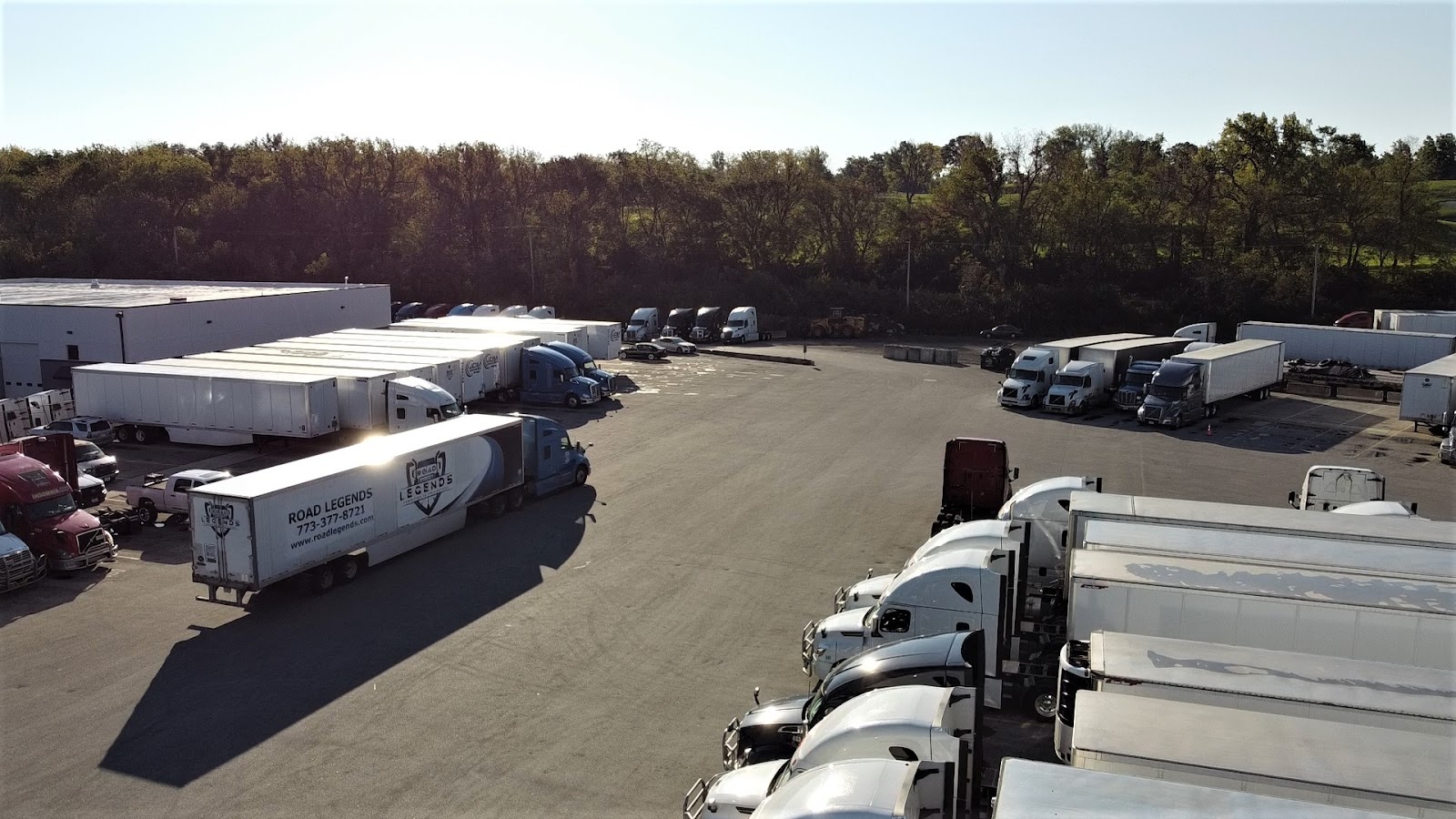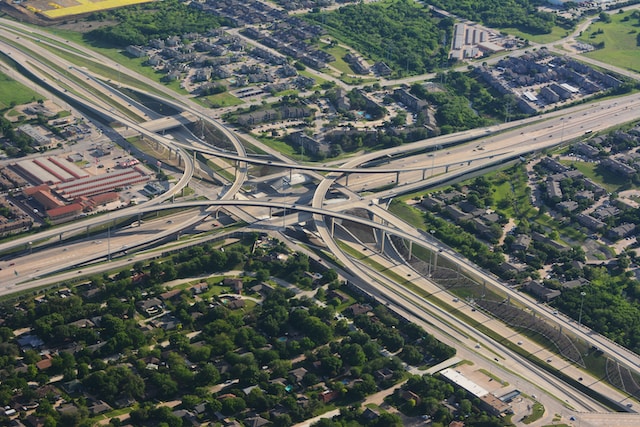In today's fast-paced world, where time is of the essence and instant gratification is the norm, the logistics industry has undergone a transformative shift to cater to the demands of expedited freight. The realm of hot shot delivery, a term that has swiftly gained traction, stands at the forefront of this evolution. As businesses and consumers alike demand swiffer deliveries and just-in-time solutions, understanding the nuances of expedited freight and the intricate world of hot shot trucking is paramount. In this article, we embark on a comprehensive exploration of these dynamic modes of transportation, delving into the significance of expedited freight companies, operational intricacies, challenges, and real-world applications. From the hustle and precision of last-minute deliveries to the strategies employed by industry players, join us as we unveil the intricacies of expedited freight and hot shots, and shed light on the engines driving the acceleration of goods in today's interconnected global landscape.
What is expedited trucking?
Expedited freight companies offer a swift method of delivering shipments promptly, utilizing partially loaded trucks with a weight capacity of up to 26,000 pounds. Typically, these cargo loads are dedicated to a singular customer, minimizing time wastage on multiple deliveries.
To ensure efficient delivery speed, expedited freight forwarders can forego maintaining an extensive fleet of vehicles in constant preparedness for express hauling. Such assignments are listed on the load board, and truckers ready for immediate departure select and undertake these transport orders.
The adeptness of hotshot drivers lies in their proficiency in handling time-sensitive deliveries. As is customary in this domain, these assignments are often delegated to proprietors and operators who require the assistance of hotshot dispatch services. This approach streamlines the order processing procedure and simplifies logistical coordination. The driver can commence the journey promptly, given that the dispatcher has already finalized all necessary arrangements.
Hotshot truck drivers find frequent employment within sectors and industries demanding urgent consignment transportation. Delays in cargo delivery or relying on conventional shipping methods could result in substantial financial losses for clients. Notably, this urgency is particularly vital within domains like construction and agriculture.
Pros and cons of hotshot delivery services
Let's delve into the merits and drawbacks associated with this mode of transportation. Advantages:
- Economical Initial Investment: Owner-operators find it more feasible to acquire compact trucks for expedited deliveries rather than investing in larger vehicles for long-haul trips at equivalent costs.
- Driver Price Autonomy: Hotshot truck drivers enjoy the flexibility to determine their own rates, granting them a degree of financial control.
- Swift Earnings: A notable benefit is the rapid financial returns. Within a day's span, considerable income can be generated through hotshot trucking assignments.
However, certain challenges warrant attention. Smaller trucks may exhibit a greater propensity for maintenance issues, necessitating comprehensive technical assessments. Furthermore, a comprehensive grasp of diverse state driving regulations becomes imperative.
Indeed, urgent cargo conveyance proves indispensable in contemporary circumstances. Nevertheless, drivers and owner-operators must be well-prepared to accommodate unique demands and navigate nuanced operational dynamics.
Expedited freight and logistics is highly favored by industries needing prompt deliveries, such as oil and gas companies transporting vital equipment to remote sites within tight timeframes. This showcases the niche significance of this transportation method. Consider a scenario where a manufacturing company urgently requires specialized machinery for a time-sensitive production project. Opting for hotshot trucking ensures that the machinery reaches the facility promptly, preventing costly production delays.
Benefits of offering expedited shipping
LAX Freight, a company specializing in logistics solutions, boasts the capability to oversee a diverse range of freight, spanning from durable goods to potentially dangerous materials shipments. Our operations are characterized by their swiftness, all the while prioritizing the safety and security of your possessions. Our types of expedited freight service encompasses:
- Hazardous Material Transportation
- Oversized and Weighty Cargo Conveyance
- Flatbed Freight Services
LAX Freight's expertise extends to efficiently managing hazardous material transport, adhering to stringent safety protocols and regulations, ensuring the well-being of both the cargo and the environment.
Consider a scenario where a pharmaceutical company needs to transport a batch of sensitive and potentially hazardous medical supplies across the country. Opting for LAX Freight's hazmat shipping services ensures not only a swift delivery but also compliance with the necessary safety measures, minimizing the risk associated with such shipments.
Furthermore, in an industrial context, when an enterprise needs to transport large machinery or equipment that exceeds standard dimensions, LAX Freight's specialized heavy haul solutions prove invaluable in ensuring the successful and secure transport of these items. This is particularly relevant in industries like construction, where oversized equipment is a norm rather than an exception.
Lastly, for commodities that necessitate open and unencumbered transportation, like construction materials or machinery, LAX Freight's flatbed freight services offer a practical and efficient solution. This allows for hassle-free loading and unloading, expediting the entire logistics process.
In essence, LAX Freight's comprehensive logistics solutions cater to a broad spectrum of cargo requirements, from everyday goods to intricate shipments, all underscored by a commitment to both efficiency and safety.







